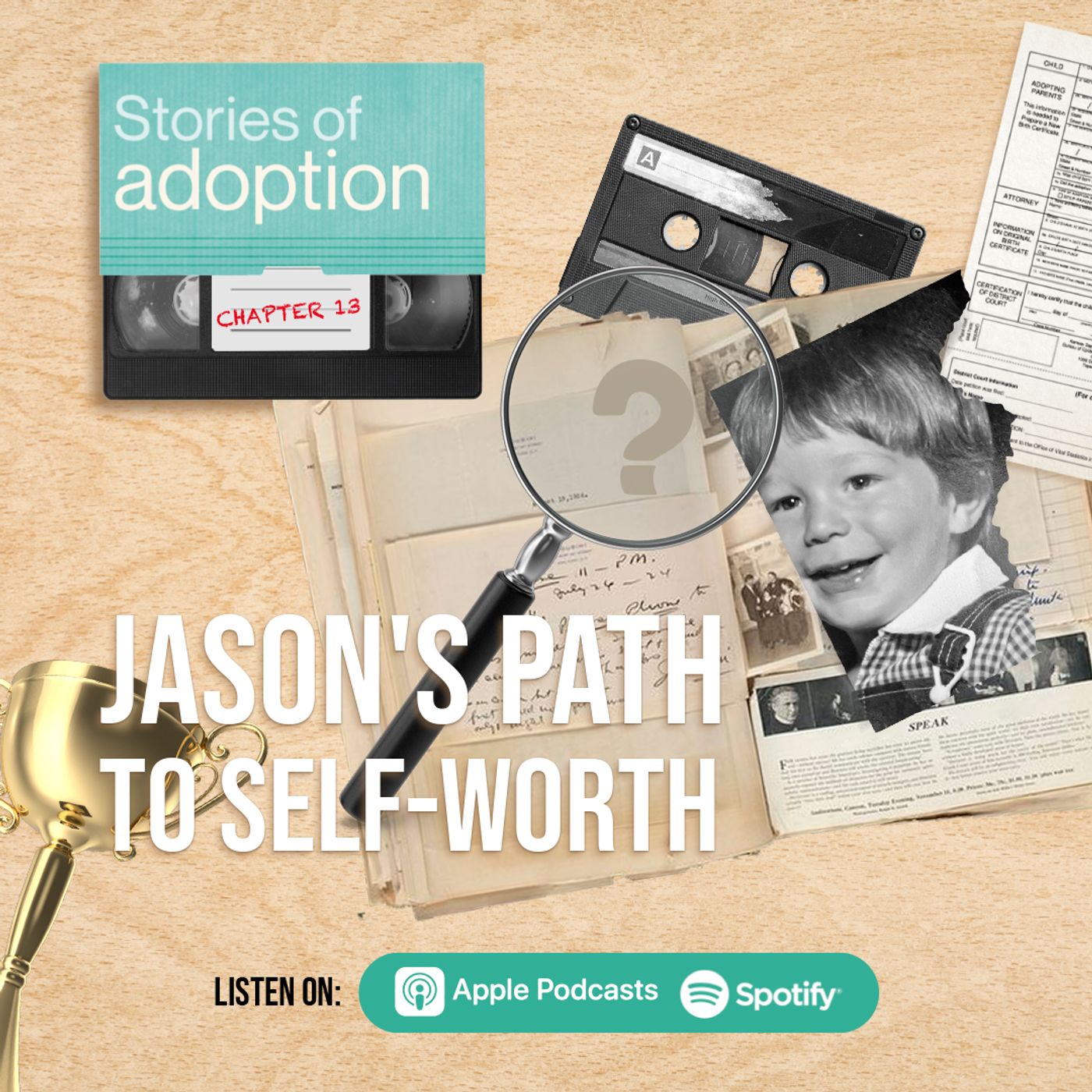My possible new Greek
family member who for now here on the blog I will call Angela, has completed
her DNA test and mailed it in. Angela has fallen in
love with me as a possible family member. I feel a pull in the exact same
direction but I am fearful. I am scared of my heart being broken and just as
much, I don’t want to disappoint her. And then in the midst of all these
feelings I stop to think, “Someone is this excited about ME???”
The Greek Orthodox
church is the center of this family’s life. It runs very deep and just how deep
I cannot disclose here yet because it would give the identities away… but I will
just say it’s everything to them. When I talked to Mr. Spin the other night on the phone for an hour, the majority of it was about the church. And he doesn’t even know I’m a Christian. Angela wants me to come for Greek Easter
there. It’s not the same Sunday as American Easter. It is always a month later.
That makes it so great for me, as if I went to share Easter with them, I wouldn’t have to miss what is the biggest
Sunday of the year for our church here, to go there. Greek Easter (Pascha) is
also their biggest week of the year, and a time of great commemoration and
feasting. Angela was literally in tears telling me about it and wanting me to
experience it with them.
So I’m hearing all this
on the phone and my heart is saying, “Yeeeeeeeeesssssss!” and at the same time
there’s a part of me that realizes if we are not a match, it is going to change
all of this.
Angela says we can
always be friends and do all this even if we are not a match.I know all this. I’m grateful for all this. But it’s still going to kill me emotionally. Angela is already
texting, “I love you,” and I reciprocate and at the same time I feel afraid.
Then I tell myself, “At least I am not temporarily wrecking someone’s life this
time…”
In times past there
have been people who I thought may be my bio family and they have have DNA tested for me and if we were a match, it would have
confirmed their family member’s affair or something that at least one person in
the family would be devastated by. This time there is not that factor. There is
no one, at least alive, who would be hurt by a match on the DNA test. I am grateful
for that.
A friend of mine posted
this meme this morning on our leadership page, that failure is part of the
process and people who avoid failure also avoid success. It was right on time
for me. I can’t ever find out who my bio
father is if I avoid approaching people, connecting with them, getting them to
DNA test, and facing possible failures to get a match. This will never happen without
me putting my heart out there once again.
It’s hard to put into
words the emotional toll this takes on an adoptee. Last night I called Regina
(who has done literally thousands of hours of research on my behalf and is the
one who found this family) and talked through my feelings. I said, “give me the list again of all the circumstantial evidence as to why we believe Mr. Spin is my father?” She did. And then, she could tell I was
really on edge and offered to pray for me, which was so
appreciated.
Last night I had a
nightmare that I didn’t have enough vacation time to go see my bio father, and
Angela if we were a match. (Which is not the case, I have plenty of time.) I
had this overwhelming depressive cloud over me this morning of wanting to stay
in bed and not get out, concerned about a non-match and disappointing Angela. And me. My
husband talked me through that and I got out of bed and started my day.My mind is in a zillion
different directions today, but at the end of the day I’m realizing it’s
probably best for me to just fall hard for Angela and her family and embrace
them for all it’s worth. If it’s the real thing, I have given myself the full
experience of celebrating my paternal family in a worthy way and enjoying what should be wildly celebrated. If I allow myself the full experience of following my heart and loving them, I will have avoided cheating
myself of this experience due to the fear of “what if.” On the flip side, if we are not a match, I will have to go
through the process of healing from yet another disappointment and starting
back again at square one. (I hate square one!!!) I guess it’s not actually square
one when you think about the fact that if it’s not a match we have ruled out
yet another Greek family in Richmond and have learned something in the process,
but for me if sure feels like square one.
So, my thought today
is, I’m going to allow myself to fall in love with this Greek family even
though there’s a chance I might need a case of Kleenex, a Razzleberry pie,
therapy and a week’s vacation to get on my feet again when the test results
come back. Last night I started watching the services of their Greek Orthodox church on Facebook. I want to learn as much as I can about their customs and way of worship before I visit in person.
I love you too, Angela,
I love you too.





